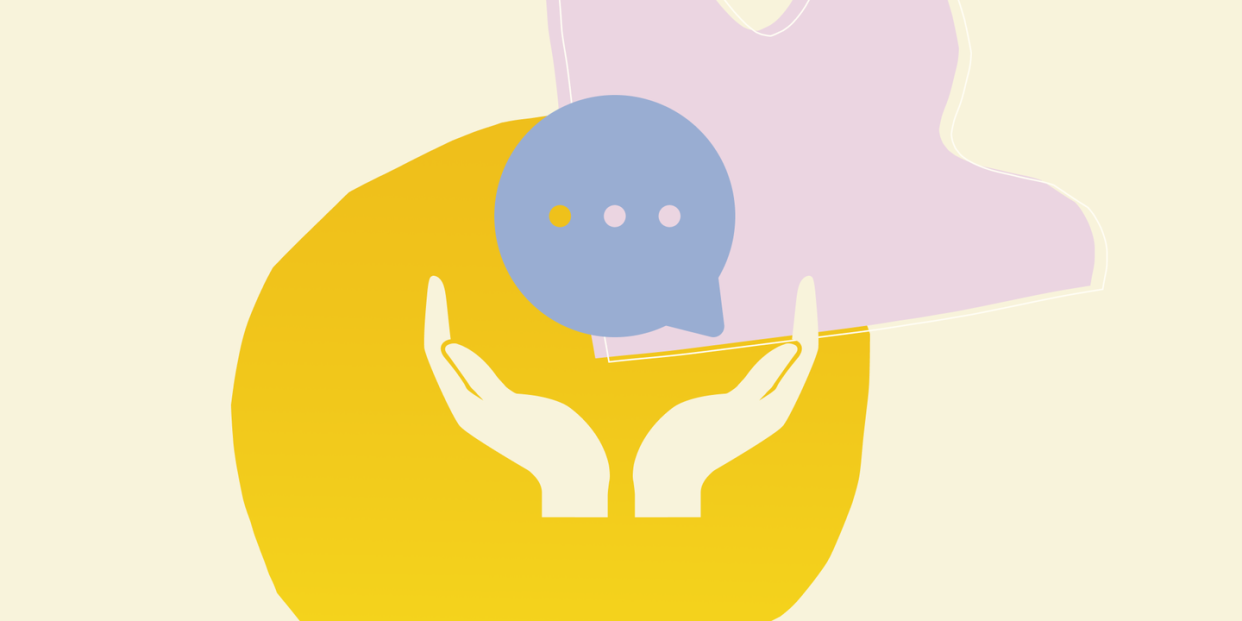The Silver Lining of the Current Mental Health Crisis

Mental Health Crisis in America
In a survey conducted in 2019, nearly one in five American adults reported living with any kind of mental illness. Since the Covid-19 pandemic, those numbers have increased dramatically. To look at just one metric, the number of individuals suffering from depression increased from 8.5 percent before the pandemic to 32.8 percent in 2021. The World Health Organization is reporting a 25 percent increase in anxiety and depression internationally. “The pandemic has created struggles for people. This has resulted in various mental health symptoms pertaining t0 anxiety and collective trauma,” says Hillary Ammon, PsyD, an assistant professor of clinical psychiatry at Penn Medicine. “We are recognizing that more people are in need of mental health services—we see that from research and in clinics, where there are very long wait lists.”
While this increase isn’t good news, Doreen Marshall, PsyD, vice president of mission engagement at the American Foundation for Suicide Prevention, suggests that the silver lining is that people are seeking mental health support in ways they haven’t before. “The system has to grow to support this, but it is good news is that people are open to help.”
With more people than ever ready to talk about their mental health struggles, are we ready to listen? We ask experts to share ways for us to keep the lines of communication open and offer support to those who need it.
What To Do If You Know Someone Experiencing a Mental Health Crisis
We’ve created a comic to give you a primer on active listening.
We have answers from pediatric experts on how to tell if a young person in your life is going through typical angst or something more serious.
We’re taking a look at organizations forming in some cities to respond to 911 calls about mental health emergencies instead of law enforcement.
And we’re talking to members of the Treatment Advocacy Center, who believe using assisted outpatient treatment will help keep Americans with mental health problems out of jails and emergency rooms.
The most important way to help others may be to help yourself. Many of the experts we spoke to emphasized that the best thing you can do for others is to look after your own mental health. If you are interested in finding a counselor or therapist for yourself, consider our guide of mental health resources.
You Might Also Like
